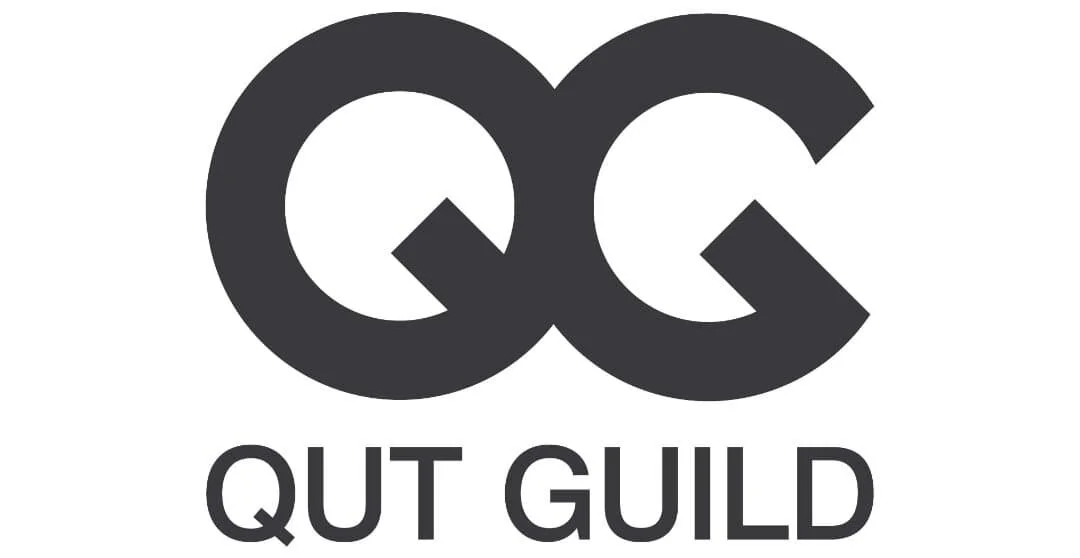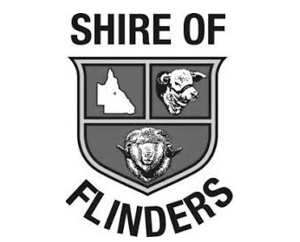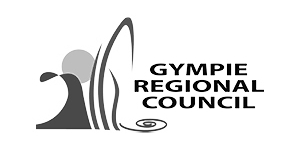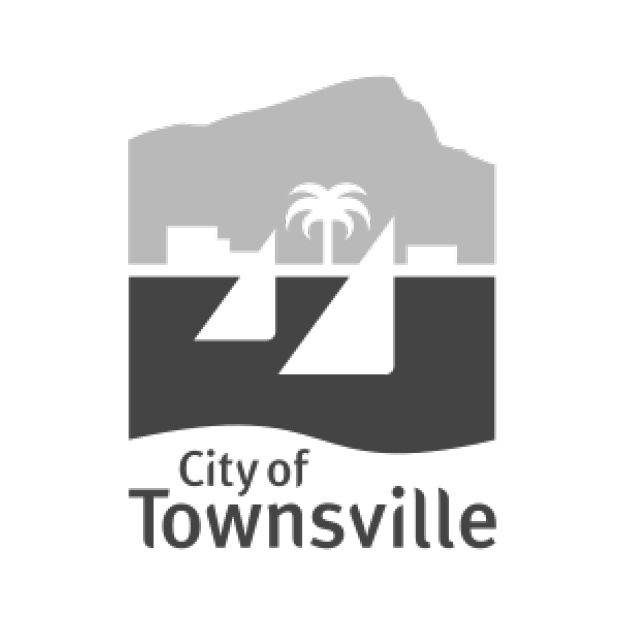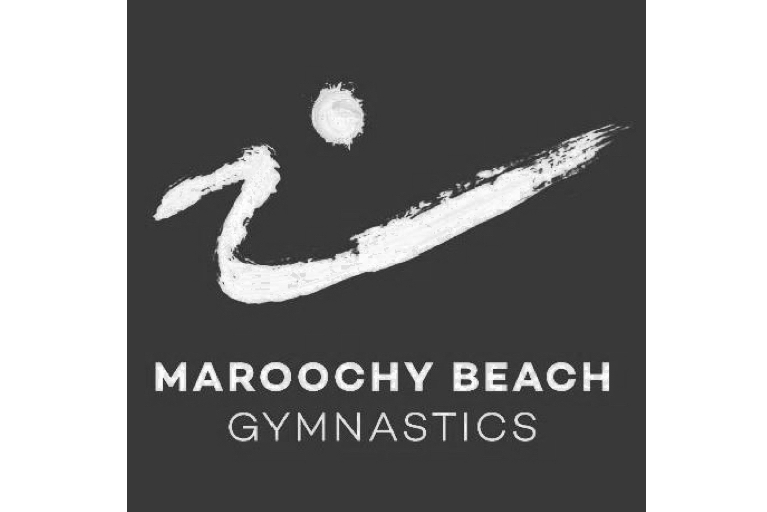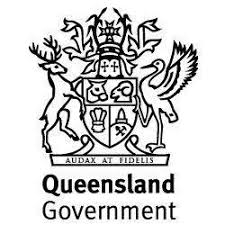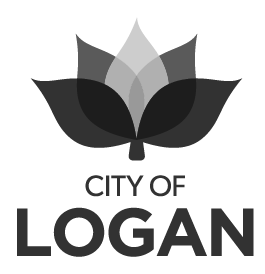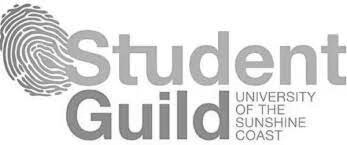Governance
For a club or association, bylaws can play an essential role in supplementing the rules contained in their constitution. They complement the broader principles in a constitution, focusing on the "how" rather than the "what". As such, having a clear set of bylaws is foundational to ensuring effective governance, good operations and positive member experiences. With our expertise, CPR Group can guide you through the bylaws process.
For generations, the federated model of community sport in Australia has shaped how clubs operate. From national bodies to state associations, zones, regions and finally down to clubs, the structure made sense when the secretary’s weekly visit to the local PO box was essential to relay information step-by-step through each layer. However, in today’s world of instant communication, where emails, tweets and posts connect us within seconds, it is my opinion that this model no longer serves its purpose efficiently.
Succession planning, an important aspect of long-term stability, has proven challenging for several local organisations within your LGA. Key hindrances span from members' uncertainties about leadership responsibilities to the perception that current leaders are unparalleled, compounded by the knowledge void created upon their departure. Moreover, stringent regulatory demands often divert attention from crucial long-term goals. However, by integrating succession measures into routine strategic discussions, championing the transfer of knowledge through mentorship programs and understanding succession as an ongoing commitment, we can ensure fluid leadership transitions and fortify our local organisations' futures. Let's collaborate to build a resilient LGA community together.
Within every organisation, the ultimate aim is to cultivate a team of happy and engaged volunteers who selflessly dedicate their time and expertise to support the community. Yet, what precisely characterises a fulfilled volunteer? How can we establish an environment that nurtures joy and fulfilment among our volunteers? This article embarks on a journey to unravel these questions, offering valuable insights into volunteer management specifically tailored for Australian volunteers engaged in sports clubs and community organisations.
Effective functioning of any organisation, such as a sporting club, charity or community group, hinges on the presence of good governance. It encompasses transparency, accountability, and the adoption of sound policies that yield benefits for all stakeholders. Recognising the importance of this topic, CPR Group conducted a poll to discern the most crucial elements of good governance, as perceived by our clients. The obtained results offer valuable insights, shedding light on the fundamental pillars of successful governance. In this article, we analyse the poll findings and explore the significance of each identified aspect.
As grassroots club volunteers, you might have come across numerous templates for club strategic plans online, many of which lack that personal touch and excitement. Let’s explore why strategic planning can be difficult for clubs, while also highlighting how the process can be enjoyable and engaging.
Many of the fights that arise between different tenants of the same sporting facilities stem from a lack of leadership and direction from the local Council when the sharing arrangements were originally set up, years or even decades earlier.
As a volunteer for a sports club or community organisation in Australia, you play a crucial role in the success of your group. You invest your time, effort and skills to help your community thrive. However, being a volunteer can also be challenging, especially if you're new to the role. That's where a board induction training session can make all the difference.
Everyone who plays a role in the not-for-profit sector, whether as a volunteer, administrator, Council officer or peak body rep, needs to understand that 'not-for-profit' is very different from ‘no-profit'. This article provides a timely reminder about the true meaning of the term ‘non-profit’.
Shooting the messenger feels good, because it gives us a chance to vent when we receive bad news, even though we know it isn’t helpful. But have you also noticed that people have a tendency to ignore advice from people they don’t like, even if the advice is sound? This article is a reminder about the need for club leaders to have great listening skills and to keep an open mind to all suggestions, regardless of where they come from.
Are there things you do in your club that haven’t changed in more than 10 years? In that time, how has the world around you changed? In this article, Michael Connelly explores how people’s natural fear of losing what they have can be holding clubs back from making sensible changes that can lead to better growth and prosperity.
Your constitution really is important. Not only does it cover vital things like your name, why you exist and how you need to hold meetings, it’s the document that keeps you incorporated! If it isn’t up to date, it can cause stress and sleepless nights leading up to events like your AGM. If you don’t feel comfortable trying to write your new constitution on your own, it’s a good idea to get professional help, to make sure you get it right. But how do you find the best professional to write your new constitution? Because it’s not something you do every day, this article provides the top 5 things to consider when looking for the best club constitution writer.
The most successful community groups, clubs and charity organisations know the value of engaging external professionals to deliver governance training for their committees and boards. They know that the investment of time and money they make will lead to more efficient operations, and therefore better community outcomes. So why do many smaller organisations still shy away from buying club governance training? In this article, we bust what we think are the 6 biggest myths that are standing in the way of volunteers investing in their own learning and growth.
Australian clubs, associations and organisations experience a wide array of risks throughout the year. These risks include everything from natural disasters through to losing volunteers. However, over the last few years we have seen a rise of another kind of risk that could result in committee members being liable if they turn a blind eye to the problem. Management committee and board members need to be aware of common mistakes, such as outdated constitutions, policies, or an expired strategic plan, and avoid them to protect their clubs, organisations and members as much as possible.
Club committee politics can be a huge challenge for the volunteers involved. However it often also impacts Council or peak body staff, who are called upon to make sense of club conflicts.
If your constitution looks like it was written on a typewriter, it may be time for an update. We’re waiting for the day an organisation brings in their constitution chiselled in stone - it wouldn’t be a complete surprise.
As the pressure on public open space continues to grow, how can local governments best plan for effective multi-sport use of sports grounds?
Does your club ‘move’ and ‘second’ motions without knowing what it means? You’re not alone. Inspired by a question from a club volunteer, we discuss what makes a good motion and why it’s important.
Whether it’s leaders in their early 20s in university clubs and societies, young parents at the community kindy, coaches at the local footy club or retirees running a golf club or craft society, all of these volunteers would be far better off if they had access to the best governance training; training to teach them things from how to run an effective meeting to preparing a club budget.
Sandgate Hawks Football Club was going to shut, until the board decided to make a change.
Listen to the interview with Chad Polinski and Des Warnock where they discuss how they turned the club around and provide advice to other clubs that may find themselves in a similar position.
We are excited to announce CPR Group's partnership with Football Queensland as the preferred provider of club governance support and training! The upcoming webinar series will be filled with great tips to help clubs of all sizes, by strengthening club structure, culture and operations.
Michael Connelly, our Managing Director, has been focusing his sights on something a little different of late. The big question has been; “Is your Council's approach to managing community leasing as good as it should be?”
If you manage leasing, or know someone who does, contact us to take part in our research project and become involved in the ongoing development of an automated, tailored one-stop-shop for community lessees - clubTRAC.
Over the past 24 years, we have seen this happen to plenty of clubs; they start out as a volunteer-run organisation, then it gets harder and harder to recruit and keep volunteers. All the while, they’re attracting more members. The few volunteers they have start getting burnt out, so, without a formal process in place, they start to pay some people to do the work for which volunteers can’t be found.
If there are dodgy payments being made to individuals, there are real risks to clubs and their volunteer decision makers.
When thinking about the ‘value proposition’ of sports clubs, it’s critical to strike a balance between keeping sport accessible, given that it is such a prominent part of Australian culture, and keeping clubs sustainable.
We understand every club is different, with volunteers that require different approaches and support to be inspired to achieve real, long-lasting results. We also understand that club budgets are finite, so we have developed the clubMENTOR+ package for peak bodies to provide high value support to their affiliates.


































